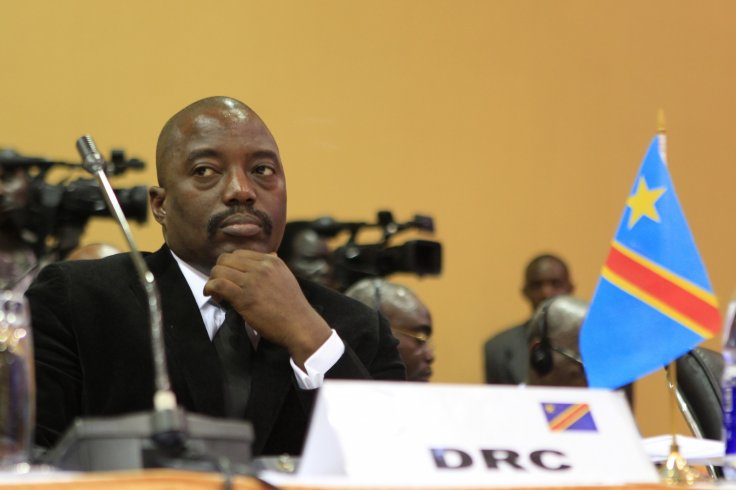KINSHASA MARCH 20,2018 (CISA) – The Catholic Church in DRC has welcomed tax hikes on mining of strategic minerals as part of the country’s new mining code aimed at protecting the environment.
Executive Secretary of Congo Bishops Ad Hoc Episcopal Commission for Natural Resources Henri Muhiya, said the new code will “ensure respect for the environment and fiscal transparency.”
The new code, five years in development, was unveiled March 9 by President Joseph Kabila.
It raises taxes on strategic minerals – including cobalt, which is vital to the growing electric vehicle market – from 2 percent to 10 percent. Taxes on “classic minerals,” including copper and gold, will rise to 3.5 percent.
The measure, which also levies a 50 percent tax on “windfall profits,” or gains from sudden price rises, replaces a 2002 mining code, which was widely considered too favorable to foreign investors.
A government statement said the new mining code reflected a “compromise” between the country and mining companies and would generate “substantial receipts for economic and social development.”
Muhiya said church representatives had proposed distinguishing “classic” and “strategic” minerals during negotiations and were glad the distinction had been adopted.
The tax hikes however have been opposed by the seven largest foreign companies operating in Congo and all of them announced March 15 they were quitting the Federation of Businesses of the Congo in protest.
“In principle, however, these negotiations have been more transparent than before. It’s a question of our country’s interests, and the prospect of a coming presidential election should assist a positive evolution,” said Muhiya.
Catholic organizations frequently decried the exploitation of resources in the central Africa nation, where multinational corporations have been accused of working with armed groups to obtain minerals used in mobile phones, laptops and other consumer products, and for allowing trade that violated human rights.
In a 2015 declaration, 130 Catholic bishops from 37 countries said many Western firms were “complicit in abuses” through their supply chains, while importing resources from conflict-affected regions.
